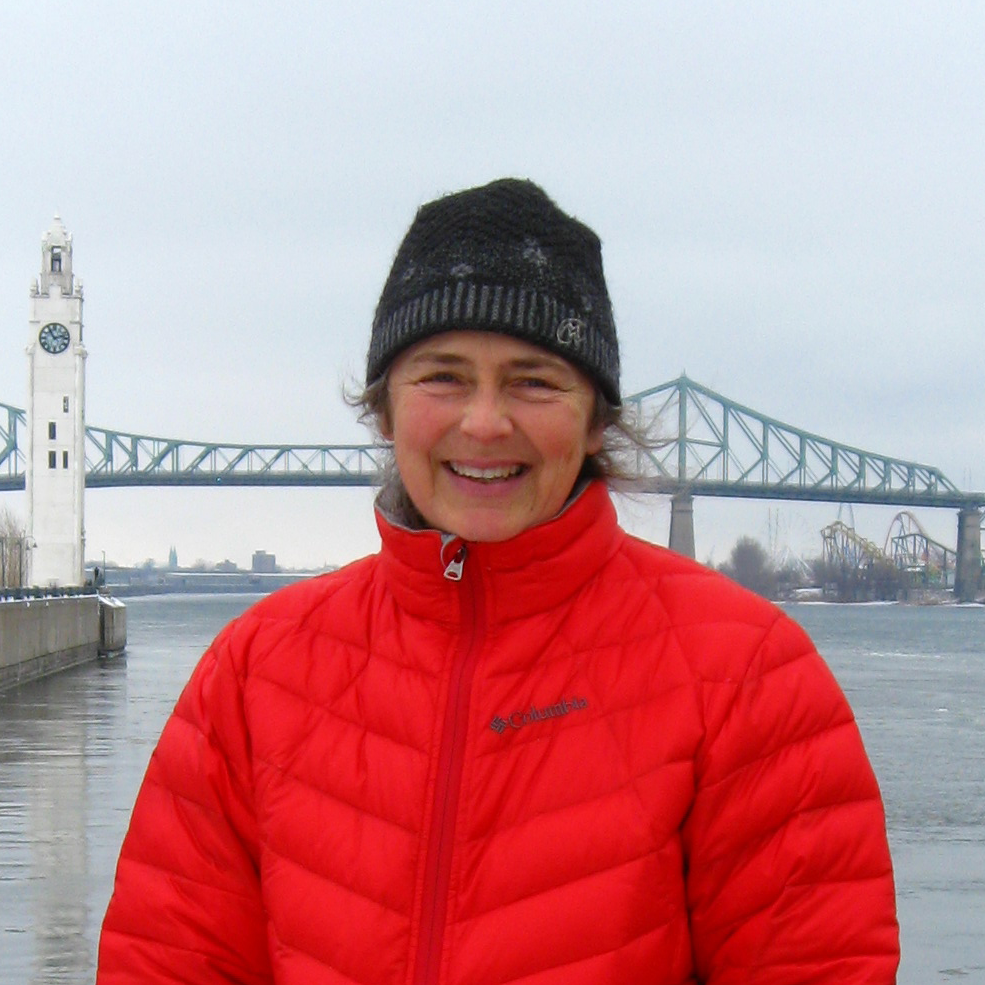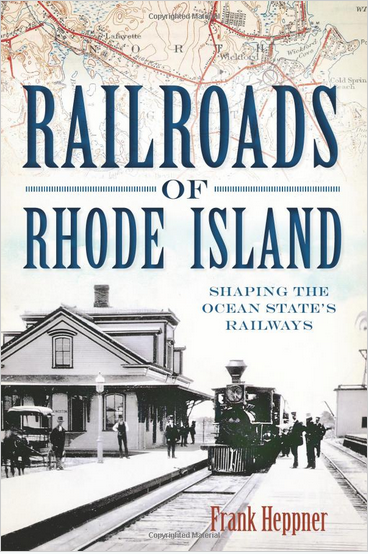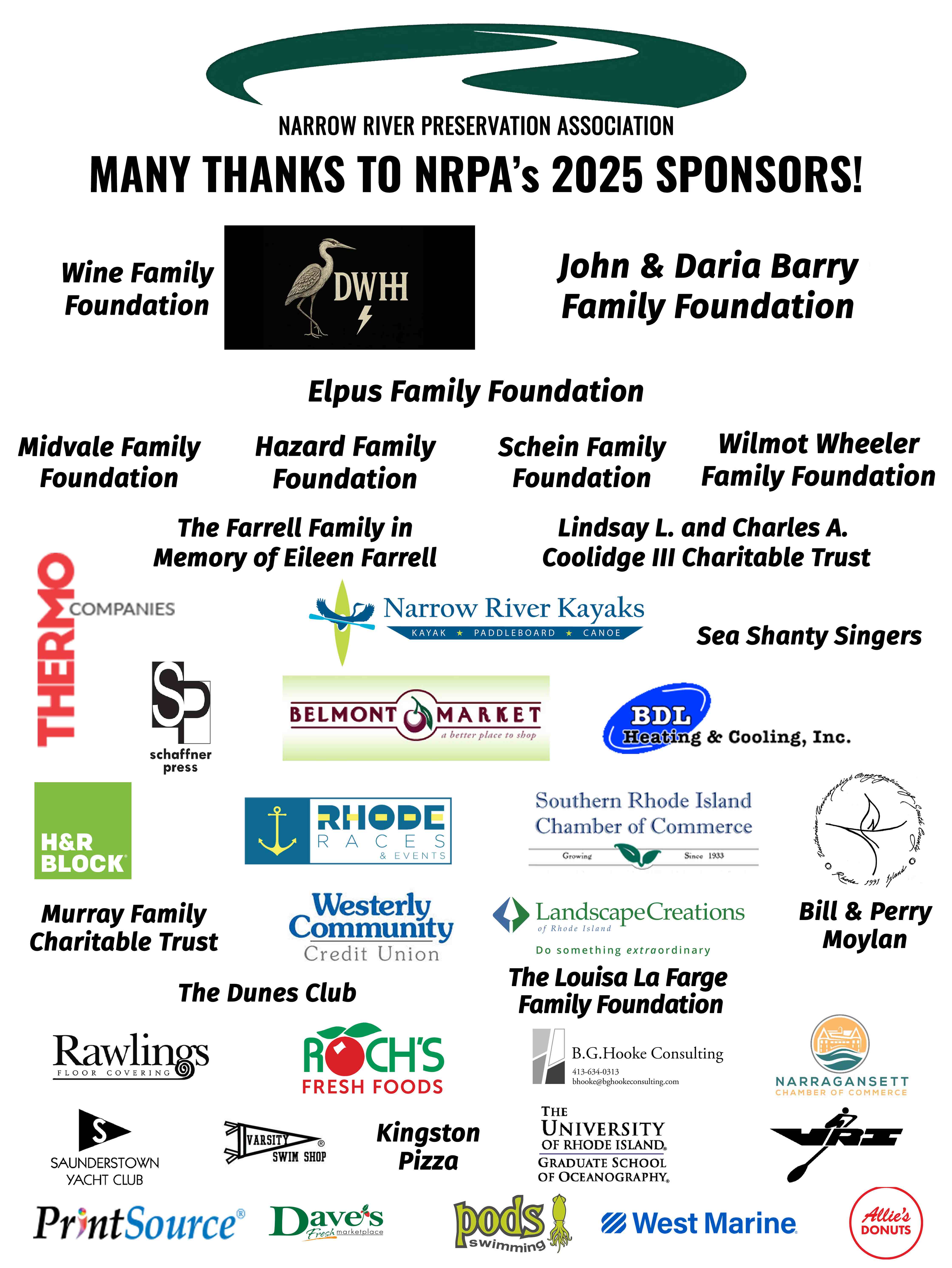
January 28: Dressed for Life and Leisure, 1870 to 1920
Rebecca Kelly, Deputy Director and Curator at the South County Museum, will discuss nineteenth-century clothing from the museum’s collection highlighting both high fashion and leisure ware, as in what does the fashionable Narragansett visitor wear to the beach in 1900.
Sunday, January 28, 1:00pm at Maury Loontjens Memorial Library, Narragansett, RI.
On Pettaquamscutt is a collaboration between the Friends of Canonchet Farm, Narrow River Preservation Association, South County Museum, and the Maury Loontjens Memorial Library.
All talks are free and open to the public. Participants can register at OnPettaquamscutt.org or at the calendar page of the library website to reserve a seat. Registration will open at the beginning of the month for each presentation. For more information or to see presentations from the first ten seasons, visit OnPettaquamscutt.org.
Back by popular demand! Mark your 2024 calendar for the eleventh season of On Pettaquamscutt, Presentations on the Environment and History of the Narrow River Watershed and join us for three great Sunday afternoon talks (all starting at 1:00) at the brand new Narragansett Library:
Other presentations in this series:

February 25: Restoring Salt Marsh in the John H. Chafee National Wildlife Refuge
Nick Ernst (left), Wildlife Biologist, U.S. Fish & Wildlife Service, and Ben Gaspar, Restoration Ecologist at Save the Bay, will update us on the sediment placement projects in Narrow River and other refuge locations to stave off the threats from sea level rise to salt marshes – and to the salt marsh sparrow.

March 24: History of the Watershed in Maps and Aerial Photos
Peter Stetson, President of Education Mapping Service, will show us interactive GIS mapping centered on the South County Museum and the Narrow River Watershed, and their history through aerial photography.
On Pettaquamscutt is a collaboration between the Friends of Canonchet Farm, Narrow River Preservation Association, South County Museum, and the Maury Loontjens Memorial Library.
All talks are free and open to the public. Participants can register here at OnPettaquamscutt.org or at the calendar page of the library website to reserve a seat. Registration will open at the beginning of the month for each presentation. For more information, visit OnPettaquamscutt.org or call
401 783-5344.




































